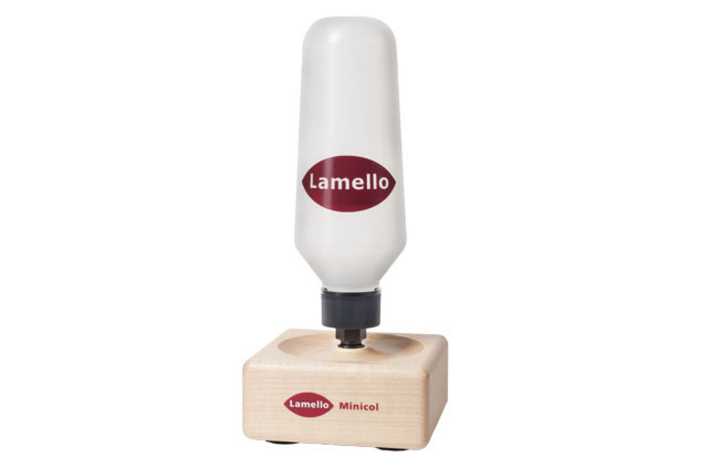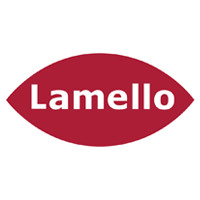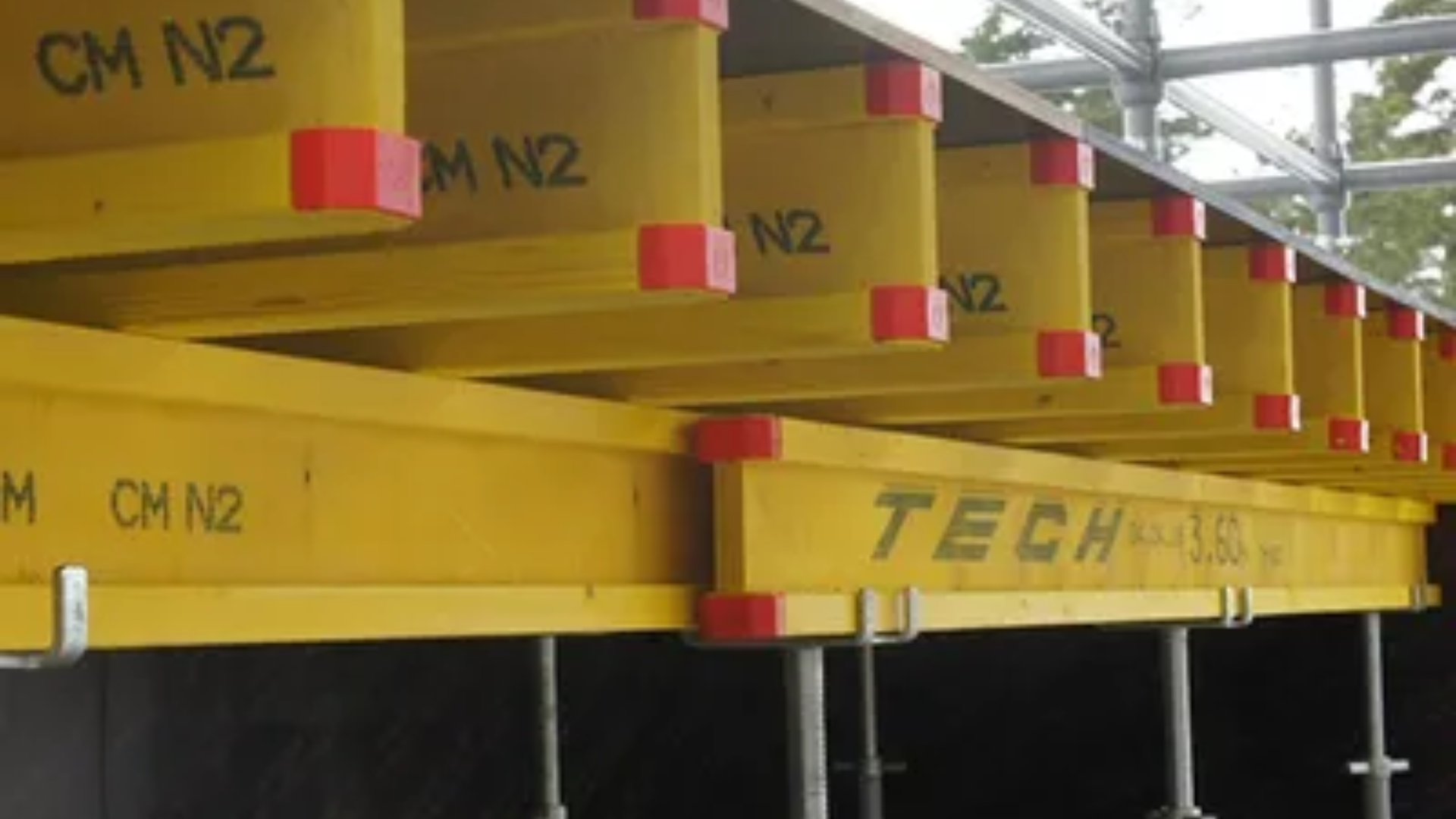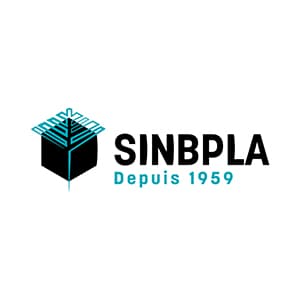2 results

Minicol
Wood glue


H20 truss
Wood glue

How to choose your wood glue?
A wood glue is an adhesive used to securely bind pieces of wood together. As wood materials became more widely used with the development of industry, demand for wood glues increased.
There are many types of wood glue available today. To ensure that your work runs smoothly, you need to choose the right product. The first step is to identify your area of application and choose the right glue for it. In woodworking, several types of glue are commonly used. Depending on properties such as drying time, strength, viscosity and water resistance, each is used differently. White wood glue is the most common and is suitable for most woodworking projects. It dries quickly, is easy to sand and paint, and offers good resistance to shock and vibration.
For projects requiring superior strength, such as the manufacture of furniture or objects subject to heavy loads, epoxy wood glue is recommended. It offers exceptional resistance to water, heat and chemicals, and can be used to bond materials other than wood, such as metal or plastic.
Polyurethane wood glue is another popular option for projects requiring high strength. It offers high bond strength, excellent water resistance and great flexibility, making it ideal for outdoor projects or those subject to movement.
It's important to choose the right wood glue for your project based on your specific needs. Be sure to follow the manufacturer's instructions for best results, and don't forget to consider drying time and ambient temperature to ensure a strong, durable bond.
In summary, wood glue is a crucial element for all projects involving wood, and there are several types of wood glue available to meet your specific needs. By choosing the right wood glue and following the manufacturer's instructions, you can ensure a strong, durable bond for all your woodworking and DIY projects.
Epoxy wood glue
They have high filling properties and are very strong adhesives. There's no need to press them. Epoxies are water-resistant and can be mixed with a dry powder of a suitable color to balance their color with that of the wood. In addition to manufacturing, they can also be used for repairs. It is important not to use epoxy glues in rotating and dynamic areas, even if they are very strong glues. For rotating and dynamic areas, white glues or polyurethane adhesives are recommended. Epoxy adhesives are also known as epoxy wood adhesives, general-purpose epoxy adhesives, water-resistant epoxy adhesives, ceramic wood adhesives and syringe adhesives.
Polyurethane adhesives
These adhesives can be used to bond almost any material to wood. In areas continually exposed to water, they are indispensable (ceramics, fabric, glass, metal, stone, metal, wood, etc.). These adhesives offer very good adhesion and cause no damage to exotic woods (such as mahogany).
Polyurethane assembly adhesive
This glue is used for assembling cabinet components and for bonding wood, MDF, concrete and metal together. Also known as liquid nail, it is a type of adhesive. In structures and repairs where strong, permanent adhesion is required, it is suitable for many porous and non-porous surfaces. Because of its waterproof properties, it can also be used in kitchens and bathrooms. Bond strength remains the same, even at temperatures of up to 80°C.
How to choose the right wood glue?
If you're considering the use of woodworking adhesives, remember that not all adhesives are suitable for all applications. Consequently, choosing the right wood glue depends on the type of project you're working on, the type of wood you're using and the type of joint you're making.
That's why the following paragraphs are intended as a guide. Making the right choice of adhesive can mean the difference between an excellent joint and a messy one. Here are a few things to consider.
Stain absorption
The color of some adhesives, such as PVA and epoxies, changes after drying, as they do not absorb stains. Consequently, if any remains on the wood surface, it will be visible even after staining.
Shelf life
In the field of adhesives, shelf life refers to the length of time an adhesive can be stored without losing its adhesion properties.
The amount of this adhesive you use on a daily basis will influence how much you can buy. CA adhesives retain their bonding properties for up to 10 years if stored correctly. The bonding properties of PVA, skin and polyurethane won't last more than a year.
Wood glue at WoodPartners
We supply our customers with a wide range of wood glues and adhesives. These include polyurethane glues, silicone glues, water-based glues, cyanoacrylate glues and aerosol glues.
